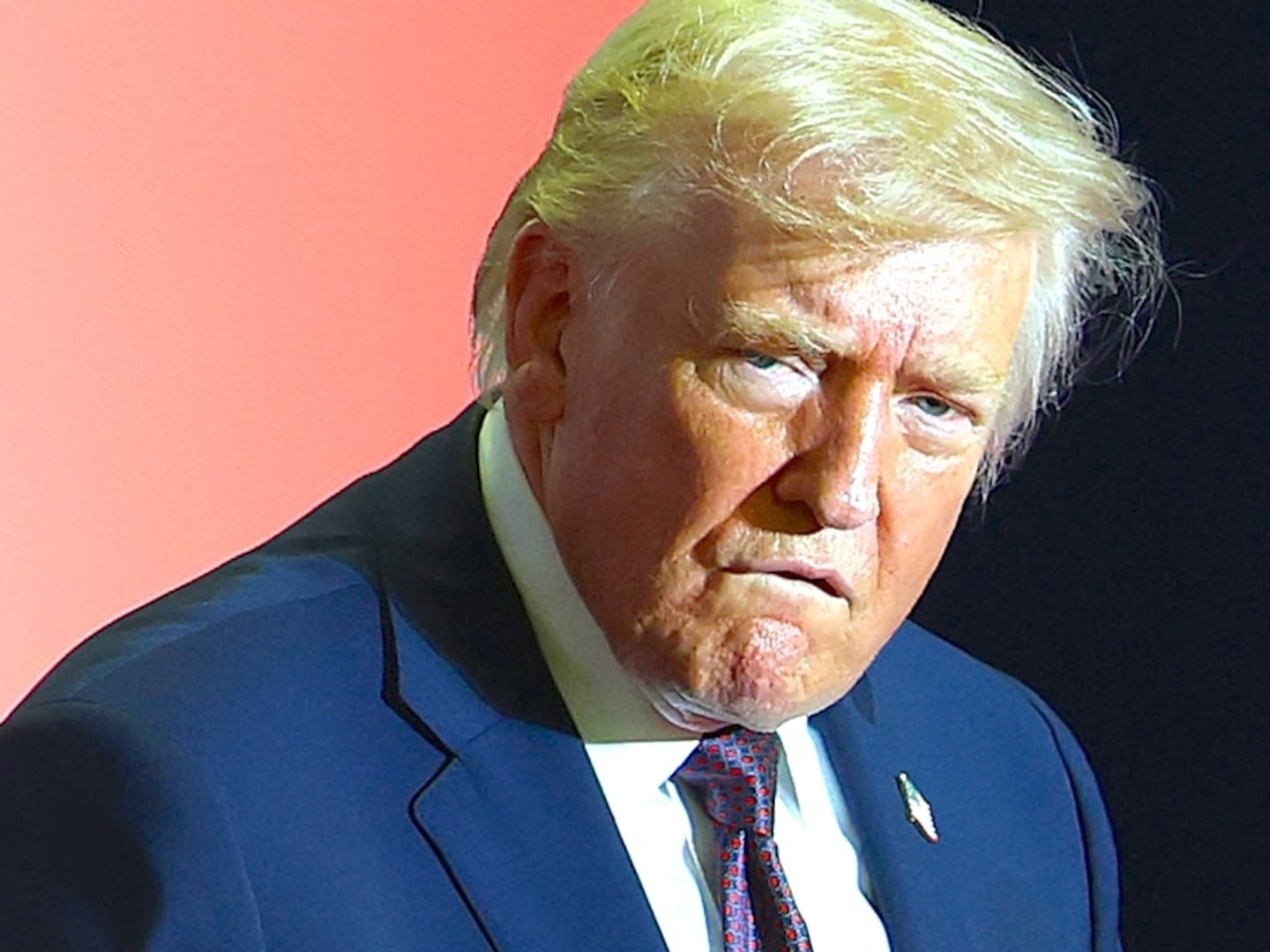When loud booing broke out on the Republican National Convention floor in Tampa on Tuesday, it wasn’t just coming from die-hard Ron Paul supporters. An obscure change to party rules exposed a larger rift between Mitt Romney’s Republican establishment and the GOP grassroots. “Our party is a grassroots party and not a top-down party,” says Julianne Thompson, a Romney delegate and Georgia state coordinator for Tea Party Patriots. “Both of these rules undermine the very nature and the spirit of our party.” Republican officials from Nevada called it a “Marxist-style power grab.” Writing on Facebook, Sarah Palin called it “a direct attack on grassroots activists by the GOP establishment, and it must be rejected.” This was probably not the way the Romney team wanted the convention to begin.

The controversy is rooted in the battle between Romney and Paul, who still has plenty of devoted fans in Tampa. Because of quirks in the way delegates are chosen, Paulites were able, through their superior organization, to dominate the selection process in several states that Paul didn’t win, including Maine and Minnesota. There’s been a protracted fight over seating these delegates—on Tuesday, after the party stripped Paul of half of his 20 delegates from Maine, part of that delegation walked out.
In an effort to get more control over the delegate-selection process in the future, Romney’s people overstepped in a way that infuriated many conventiongoers who are otherwise supporting him. Yesterday, the Republican National Committee proposed a new rule that would allow the party’s nominee to overrule state conventions and choose his or her own delegates. This, many feared, would turn delegate slots into perks for insiders and donors, and further shut activists out of the process. The reaction was livid. In a widely circulated open letter to the Republican National Committee, Thompson wrote, “The audacity of creating a firestorm when there is an opportunity for unity and peace that is needed to win back the Senate and take back the White House is irresponsible and I seriously question the motives of those behind this attempt.”
In the end, the party decided to compromise, adopting a measure that simply binds delegates to vote for the candidate they were chosen to vote for. But it adopted a second rule, Rule 12, allowing the party to change its regulations between conventions. Many at the RNC suspect that the party will use this rule to institute new delegate-selection procedures when the convention is over. When House Speaker John Boehner held a voice vote on the floor over Rule 12, there seemed to be as many “nays” as “ayes,” but Boehner declared, “The ayes have it.” That’s when the booing started.
As a result, the attempt to solidify the Republican Party behind Romney—the entire raison d’être of the convention—just got a little bit harder. “The people that are here are representative of grassroots conservatives from across the nation,” Thompson said shortly after the floor vote. “Tea Party conservatives. Libertarian conservatives. Social conservatives. And we all voted for different people in the primary—there are Bachmann supporters, Ron Paul, Rick Perry, Rick Santorum.” Getting together in Tampa, she said, is a formality, “but it’s an extremely important formality, because we all come here with one purpose, and that is to unite behind one nominee. What I think was so ridiculous about this attempted power grab is that they created a firestorm where there was none. It’s the perfect opportunity to bring the party together, and it went in the opposite direction.”






